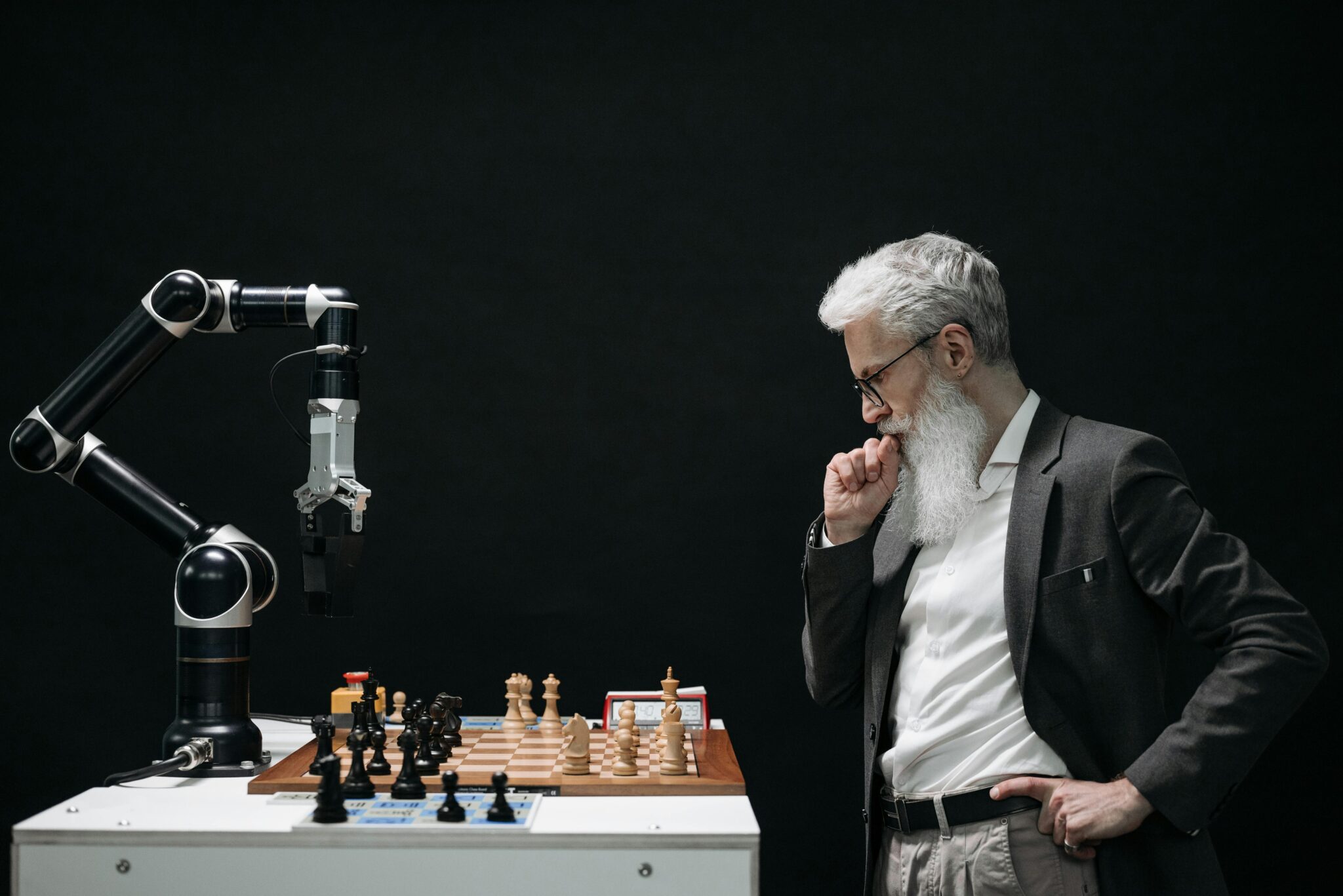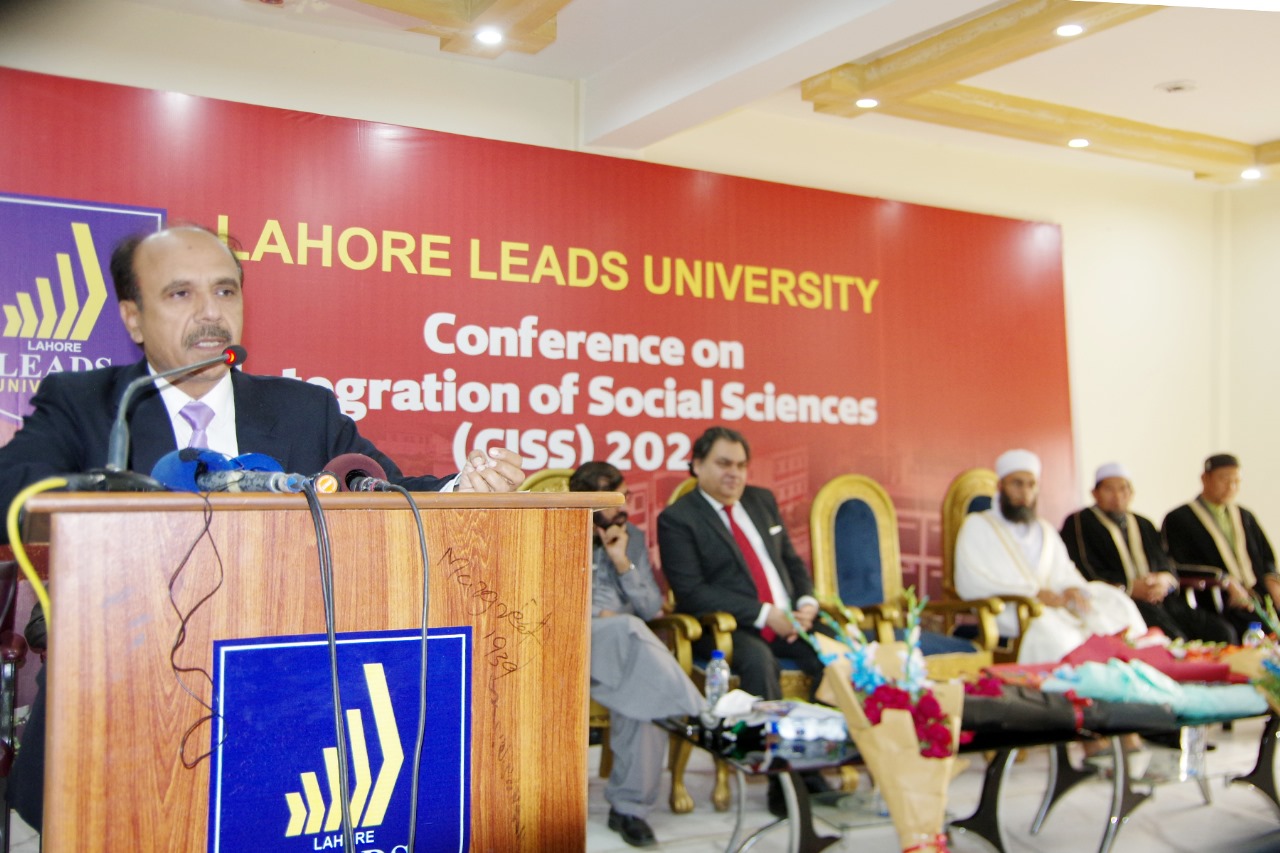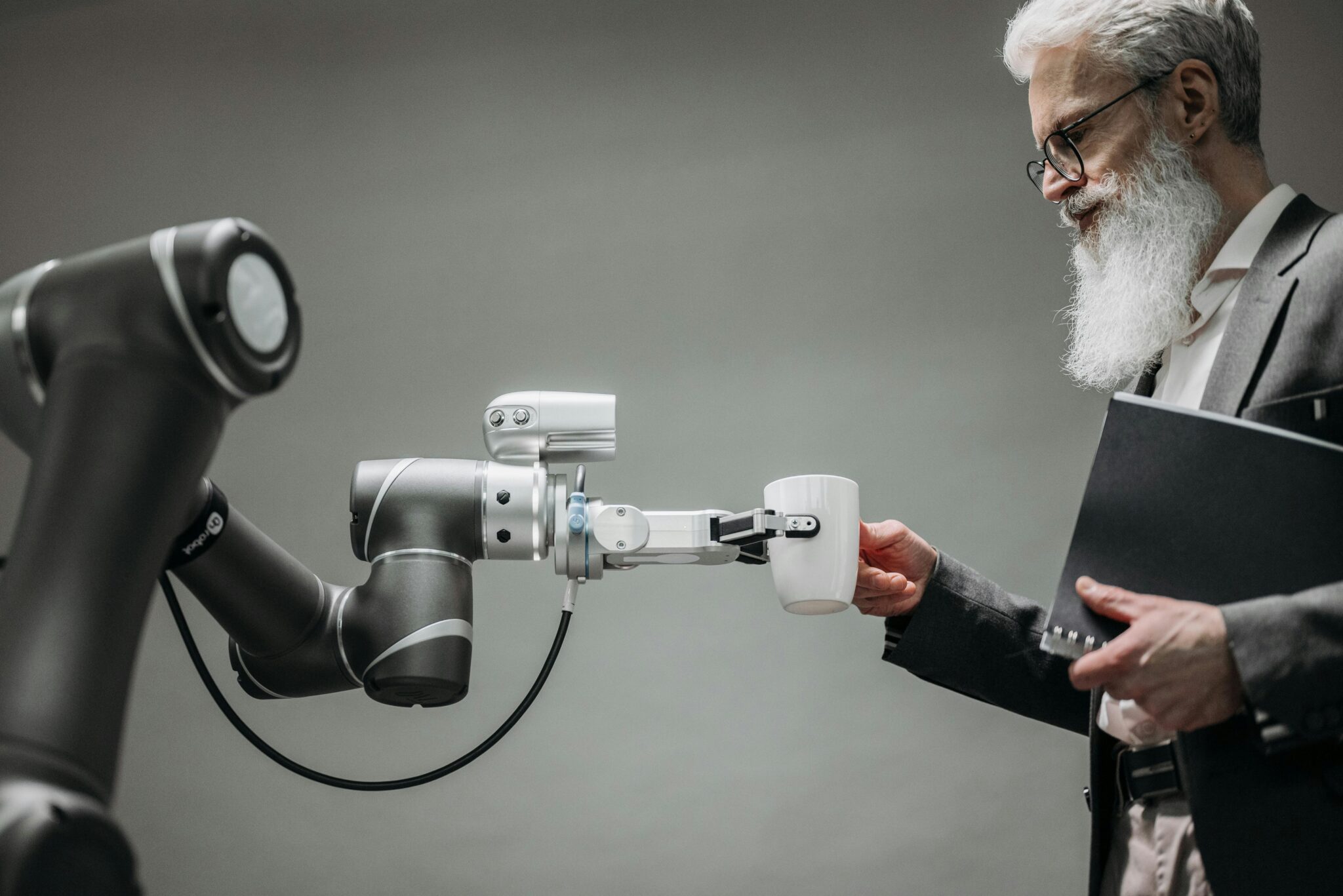ORIC
Lahore Leads University is a comprehensive institution with a reputation for innovative programs and modern research activities. Our faculty, staff, programs, and services team provide an extensive range of learning choices and alternatives that offer an outstanding combination of quality education at all levels.
Lahore Leads University is committed to fostering a culture of inquiry and innovation. The university encourages both faculty and students to engage in research that addresses real-world problems and contributes to the body of knowledge in their respective fields. The focus is often on applied research that has practical implications for industry, society, and the economy.

- Trainings
- PHEC
- Other Capacity Building Programmes

- Linkages with
- Other Universities/Research Institutions
- INGOs/NGOs
- CSOs
- Other Dev. Partners

Dr. Muhammad Faisal Majeed
PhD Sociology
Director LRDC
Dr. Muhammad Faisal Majeed is a Director at Leads Research & Development Center (LRDC), Lahore Leads University (LLU). He has also been serving as an Assistant Professor of Sociology at LLU, Lahore-Pakistan since October 2023. He is an eminent Researcher as well as Sociologist, who has completed his Ph.D. in the field of Sociology from the University of the Punjab in December 2022. He is an Advisor to “Leads Sociological Society (LSS)” a flagship platform for the students studying sociology subjects in different departments of LLU. He is also working as a Program Coordinator for the BS Programmes under the Department of Sociology. Before this, he had worked for about twelve years as Deputy Program Director for the HIV/AIDS Project (A World Bank’s Project) and completed different rounds of Research and Surveillance in Punjab the largest province (about 60% population of the country) from April 2004 to July 2016. He served as a Statistical Assistant for the Economic Census under the Federal Bureau of Statistics, Islamabad from September 2001 to September 2003. He is the author of over 40 journal articles, reports, conference papers, abstracts, manuals, and chapters of books. He has been a Visiting Faculty Member for the Department of Sociology, Institute of Social & Cultural Studies, University of the Punjab, Pakistan. He has also been at the penal of Consultants for SMEDA as a Management and Research Training Consultant. His book on “Transgenderism in Pakistan” is under process for publication. He is the Executive Director of an Organization, Nawal Horizon Foundation (NHF), Pakistan working for research and development in the fields of education, health, and social development. He is also a Director for Monitoring and Research for the “Board of Directors” for an organization named Beacon Foundation for Research and Development (BFRD), Faisalabad – Pakistan, working for Key Affected Population (KAP) especially Transgenders, Men having Sex with Men (MSMs), Female Sex Workers (FSWs), Injecting Drug Users (IDUs) and Jail Inmates (JIs) for prevention of HIV/AIDS, Hepatitis and COVID campaigns. He is a certified Project Manager as well.
The academic research and development proposals are being welcomed by faculty members, research scholars and students as well through LRDC. He is also now taking Ph.D. & M.Phil. students for research supervision.
My research interests:
Research Reports, Project Proposal for Research & Dev. Projects, Sociology of Transgender, Personal and Social networking of Transgender Community, Social well-being, Transgender rights, Transgender social inclusion into mainstream society, Migration trends among the TG community, Criminology, Theories of crime & criminality etc.
Welcome Message
Dear Students and Faculty,
ORIC/LRDC aims to facilitate the research activities being carried out at LLU through Internal Stakeholders (Graduates, Postgraduates and Faculty Members). We ensure the quality, relevance and credibility by the globally accepted ranking agencies. The website provides access to the research produced at LLU as well as material on conducting research. The prime focus of LRDC is to strive for excellence in research and to bring about innovative practices in this field. The center also streamlines and improves the efficiency of research by connecting the faculty, students and organizations. It also guides the researchers in getting their research published in relevant journals including LLU journals. LRDC also aims to help researchers to stay up-to-date of various domestic and international research policies including External Stakeholders (HEC, COPE, INGOs, NGOs, CSOs and other development partners).
This Center also facilitates the internal stakeholders to establish the research and development linkages with external stakeholders through guidance for proposal development and management of project implementation/execution as well. It encourages feedback from all the relevant stakeholders in order to improve the quality of research and development activities.
Welcome to the fascinating world of Sociology, where we unravel the intricacies of human behavior, societies, and the forces that shape our world. Our distinguished Undergraduate and Graduate Programs in Sociology offer an illuminating journey into the study of social structures, interactions, and the dynamics that influence individuals and communities.

ORIC NEWS
Our research is led by a distinguished faculty composed of Ph.D. qualified scholars, seasoned academics, and experienced industry professionals. They are not just educators; they are active researchers and mentors who bring a wealth of real-world experience and theoretical knowledge to their work. They are at the forefront of their fields, publishing in reputable journals, securing research grants, and guiding the next generation of innovators. Their expertise forms the foundation of our vibrant research ecosystem.
We believe that research is a collaborative journey. Our undergraduate and postgraduate students are integral members of our research team. Through Final Year Projects (FYPs), thesis work, and participation in faculty-led projects, our students gain invaluable hands-on experience. They are encouraged to ask critical questions, experiment with novel ideas, and contribute their unique perspectives. We empower our student researchers to become the future leaders and problem-solvers the world needs.
Event: Workshop on Research Methods and Data Analysis
Venue: Department of English, Leads University, Lahore.
Dates: 15, 16 & 23 November 2025.
Convener: Ms. Misbah Iqbal — Contact: 03216617100.









